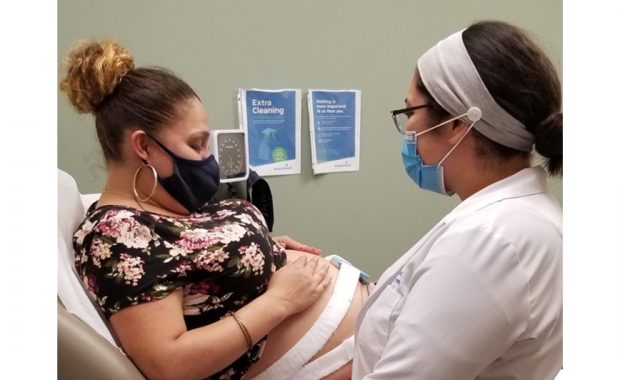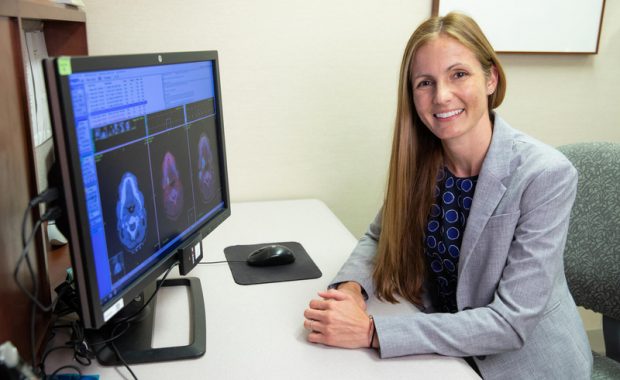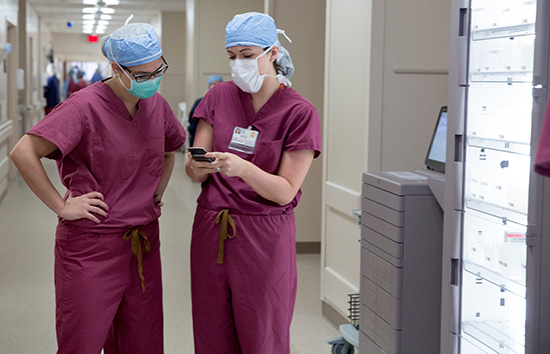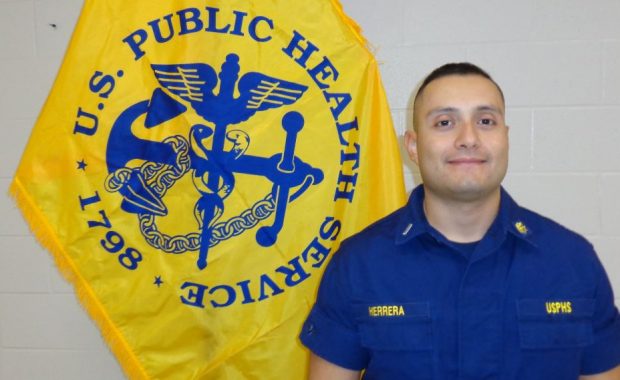Career Resources

How to Tailor Your Job Application for a Specialty Transition
Any successful career transition is rooted in self-knowledge, curiosity and a zestful movement towards what inspires you as a clinician. PAs have unique career journeys given their ability to navigate specialty transitions that can be both exciting and daunting.
Navigating the Job Search as a New Grad
Finding your first PA job is challenging enough, and even more so during a pandemic. Join AAPA for this webinar about navigating a job search as a new grad.

Here’s How Every PA Can Play a Role in Mental Healthcare
Megan Pinder, MMS, PA-C, is an advocate for psychiatric patients both personally and professionally. She responds to questions about PAs’ role in mental health, how access, socioeconomic status, and stigma impact patient mental health, and how to advocate for mental health patients.
Putting on Your Oxygen Mask: The Importance of Taking Care of Your Mental Health to Succeed in PA School
Mental health affects everyone from PA students to practicing PAs. Join AAPA for this webinar featuring a discussion on mental health. Learn what you can do now to and as you prepare for your PA career to take care of yourself!

PAs: Obstetrics and Gynecology Needs You!
President of APAOG, Melissa Rodriguez, DMSc, PA-C, thinks PAs are a great fit for practicing in obstetrics and gynecology; they are medically trained, compassionate, team-oriented, and are qualified to identify, prevent, and treat most, if not all, causes of maternal mortality.

Adrenaline Junkie: After 22 Years in Air Force, Pamela Lucas Now President of Veterans Caucus
Pamela Lucas, PA-C, spent 22 years in the Air Force. She made personnel assignments, planned for disasters, and was one of only three healthcare providers at a NATO base. She looks back on her active-duty career and shares what she’s up to now.

Health Inequities: How PAs Can Help Bridge the Care Gap
The PA Foundation’s Vital Minds podcast featured a discussion on how health disparities have been exacerbated by COVID-19, the role socioeconomic factors and insurance may play in health disparities, and how PAs – and other allies – can help bridge the care gap.

A Week in the Life of a PA in Radiation Oncology
What does a week look like for a PA in radiation oncology? Katey Wert, PA-C, has been practicing in the specialty for six years. While difficult at times, given the patient population, she finds the work rewarding and meaningful.

PA Career Pivots: 6 Tips for Redirecting Your Future
COVID-19 upended PA career paths, from furloughs to redeployment. It also caused PAs to reflect upon their current roles and future goals. The PA Career Coach shares six tips for PAs who find themselves needing or wanting a career pivot.

Expert Advice on Providing Trans-Affirming Healthcare
AAPA invited PAs Lauren Eisenbeis and Jo Rolls to host Huddle’s latest Ask Me session on transgender healthcare. Eisenbeis and Rolls used their expertise from years of experience to provide advice and resources for PAs to provide trans-affirming healthcare to patients.

Reaching New Heights: From Cancer Survivor to Becoming the First PA in Space
Hayley Arceneaux, PA-C, practices at St. Jude Children’s Research Hospital in Memphis, Tennessee, nearly two decades after undergoing treatment there for bone cancer. Now she has officially become the first PA to visit space. Arceneaux served as the medical officer on the world’s first all-civilian space mission, and shares what led to this extraordinary opportunity.
PA Wellness
At AAPA, we’re here to support your PA well-being and fight PA burnout by ensuring your emotional, physical, social, workplace, and societal well-being.

Founding Morehouse Program Director Highlights Health Disparities for People of Color
Pangela Dawson, PhD, MSPAS, PA-C, assistant dean at Morehouse School of Medicine, talks about her career journey and how COVID-19 has highlighted health disparities in Black patients. She also offers advice for bringing more visibility and leadership opportunities to minority women.

I’m a PA in the U.S. Public Health Service
Lieutenant Junior Grade German S. Herrera, MPAS, PA-C, USPHS, had a love of science and a desire to help people. The United States Public Health Service – with its scholarship opportunities, benefits, and guaranteed job placement – was a perfect fit for him.
USPHS SRCOSTEP: Why Every Student Needs to Know This Alphabet Soup
Learn about the U.S. Public Health Service Commissioned Corps, one of the eight uniformed services. Then hear from a recent student and officer’s experiences in the Senior Commissioned Officer Student Training and Extern Program (SRCOSTEP). Finally, learn how to apply for this elite paid internship for graduate students!

